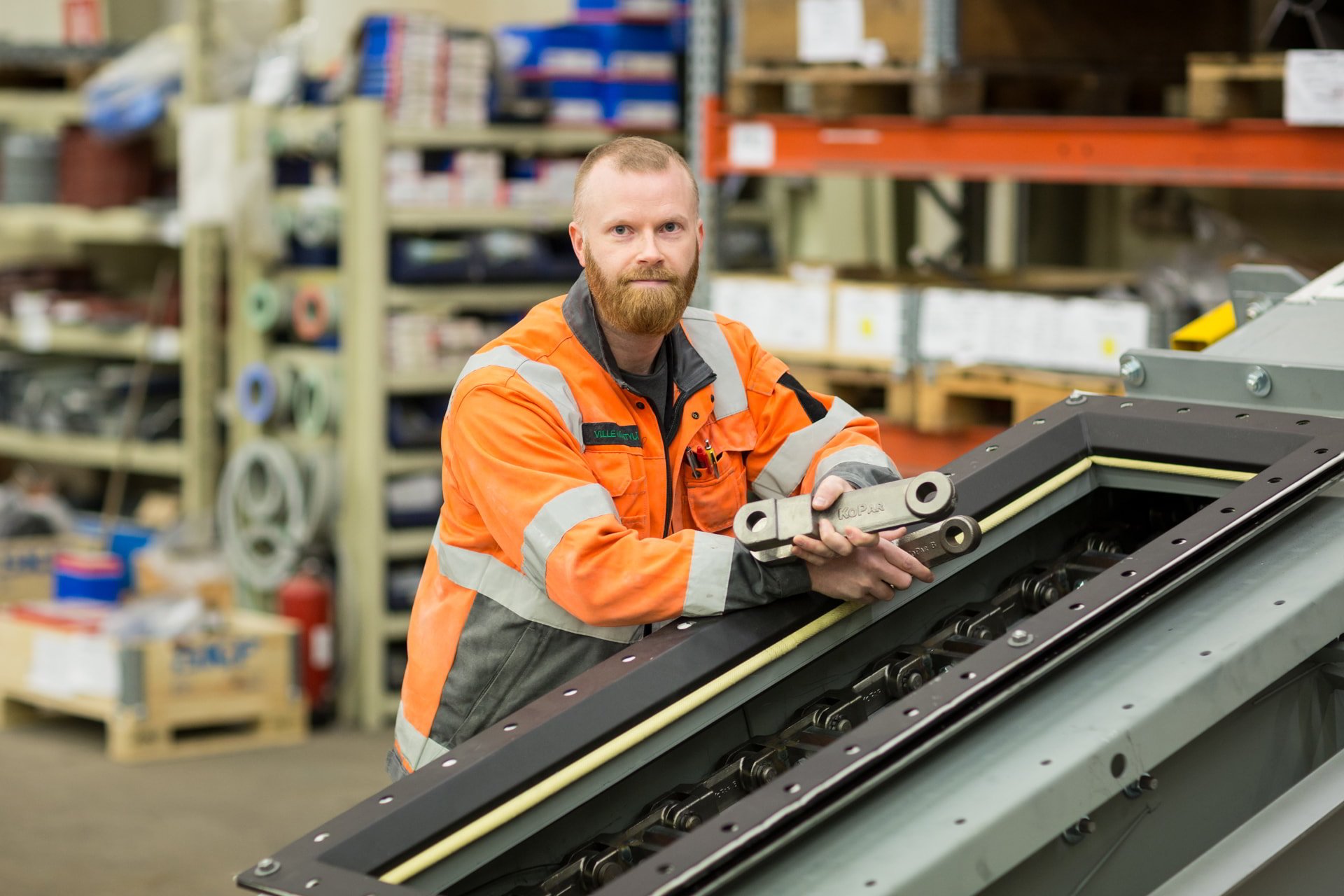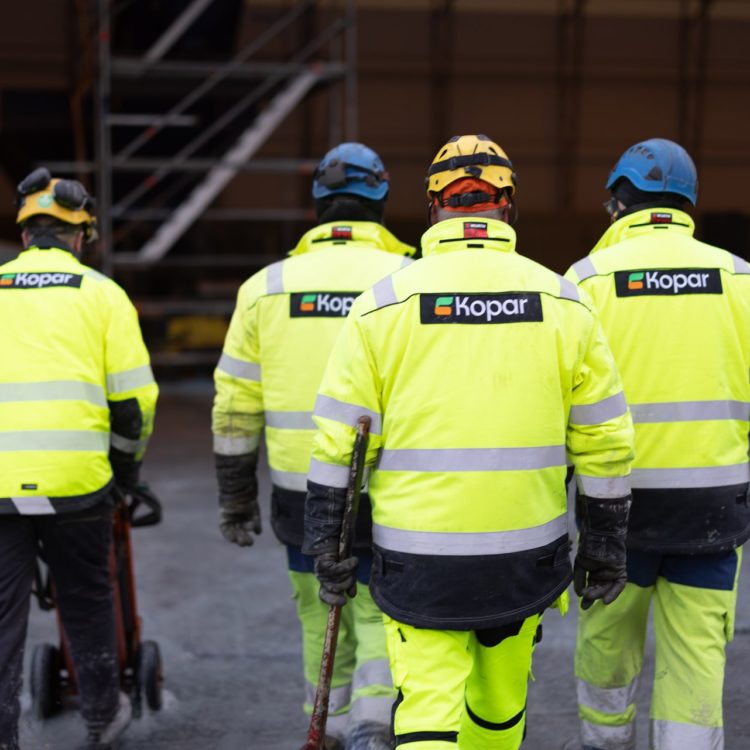Dust removal in waste heat boilers is critical for maintaining operational efficiency. By effectively removing dust, these boilers prevent blockages and ensure efficient heat transfer, which is essential for converting waste heat into usable energy. This process not only improves energy recovery but also extends the lifespan of equipment by minimizing wear and tear. Regular maintenance and dust control are therefore vital for optimal performance, reducing the risk of downtime and ensuring smooth operations in industrial settings.
What is the role of dust removal in waste heat boilers?
Dust removal plays a crucial role in maintaining the performance and efficiency of waste heat boilers. These systems are designed to capture and utilize waste heat from industrial processes, converting it into steam that can be used for electricity generation or process heating. However, the presence of dust can lead to blockages in the boiler tubes, impeding heat transfer and reducing overall efficiency. Regular dust removal ensures that the boiler operates at optimal capacity, preventing costly shutdowns and maintenance issues.
Dust particles carried over during processes like flash smelting adhere to the water tubes within the waste heat boiler. If not removed, these particles can form layers that act as thermal insulators, reducing the heat transfer rate. This not only affects the energy recovery process but also leads to increased fuel consumption as the system attempts to compensate for the loss in efficiency.
How does dust affect operational efficiency in boilers?
Dust accumulation in waste heat boilers can significantly undermine operational efficiency. The primary issue arises from the obstruction of heat transfer surfaces, which forces the system to work harder to achieve desired output levels. This increased strain can lead to higher energy consumption and elevated operational costs.
Additionally, dust can cause wear and tear on boiler components, leading to frequent maintenance and potential equipment failure. The abrasive nature of dust particles can damage surfaces over time, necessitating repairs or replacements that can be both time-consuming and expensive. Continuous dust accumulation can also result in unplanned downtime, disrupting industrial processes and affecting productivity.
Why is regular maintenance crucial for waste heat boilers?
Regular maintenance, including dust removal, is essential for the optimal functioning of waste heat boilers. Scheduled maintenance checks allow for the early detection and resolution of issues that may arise due to dust accumulation. This proactive approach helps in maintaining the integrity of the boiler components and ensures uninterrupted operation.
Preventive maintenance practices not only extend the operational life of the equipment but also enhance safety by preventing potential hazards associated with equipment failure. Ensuring that the boiler remains clean and free of obstructions promotes efficient heat transfer and energy recovery, which are critical for the economic viability of industrial processes.
What are effective methods for dust removal in industrial boilers?
Several methods are employed to remove dust from industrial boilers effectively. Mechanical cleaning techniques, such as soot blowing, are commonly used to dislodge dust particles from heat transfer surfaces. This method involves directing a powerful jet of air or steam through the boiler tubes to clear accumulated dust.
Filtration systems are also integral to dust control, capturing fine particles before they can settle on boiler components. Electrostatic precipitators and fabric filters are prevalent in many industrial settings, offering high efficiency in dust collection. These systems ensure that dust is removed from the flue gas, protecting the boiler and downstream equipment from potential damage.
How can Kopar assist with dust removal in waste heat boilers?
Kopar offers advanced solutions for dust removal that enhance the operational efficiency of waste heat boilers. With years of expertise in material handling and conveying, we provide tailored services designed to meet the unique needs of each industrial client. Our innovative technologies ensure effective dust control, minimizing energy usage and reducing maintenance requirements.
By implementing Kopar's dust removal solutions, industries benefit from improved energy recovery and prolonged equipment life, aligning with sustainability goals. Our commitment to excellence and continuous development positions us as leaders in enhancing industrial process efficiency, supporting clients in their transition towards greener operational practices.

You have a challenge that needs solving?
Let us help! Contact us for more information about our products and services.
